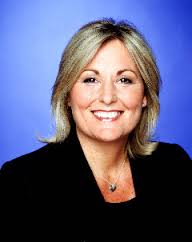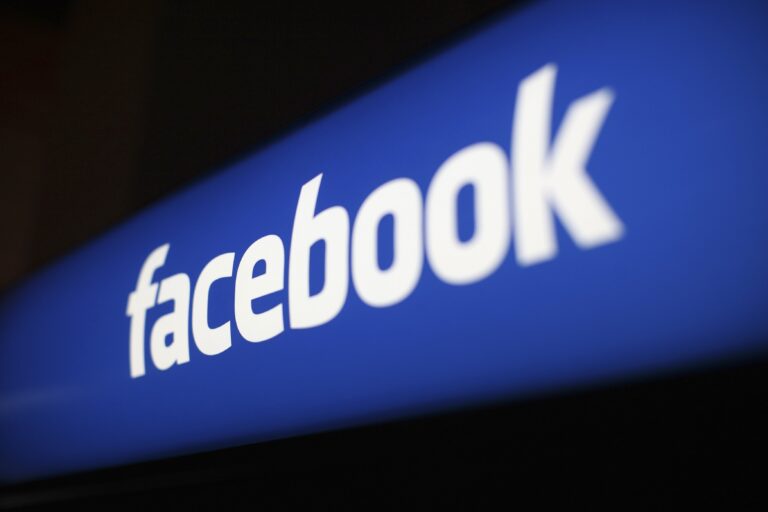Mark Zuckerberg’s shock announcement yesterday that Meta platforms including Facebook, Instagram and Threads would be doing away with fact-checkers, who he classified as “politically biased,” easing up on content moderation and restoring “free expression” to the platforms has been reverberating around media both social and traditional for the last few hours.
Of course, in principle less censorship and more freedom of speech seems a great idea, but given the underlying political context of the incoming Trump presidency in the US and the simmering hotbed of hatred and far-right extremism that is Twitter (sorry, X) since close Trump ally and self-proclaimed free speech absolutist, Elon Musk, took over and began using the platform as his own personal soapbox, things aren’t quite that straightforward.
Analysis of Facebook’s updated conditions since the announcement reveals that under the new regime users are now allowed to, for example, refer to “women as household objects or property” or “transgender or non-binary people as ‘it.’” A new section of the policy notes Meta will allow “allegations of mental illness or abnormality when based on gender or sexual orientation, given political and religious discourse about transgenderism and homosexuality.” Not quite a libertarian hotbed of free and open discussion by most interpretations then.
One group of people likely to be affected more than most by the changes are those regularly working in the social media sphere, so Prolific North turned to some Northern social-first agencies to get their initial take on the dramatic u-turn by the Facebook chief. What does this mean for the future of social media? What does it mean for your work? And are we all doomed, we asked.
Joe Toal, senior social media account director at The PHA Group, which last year opened its first US agency in Boston, told us: “We’ve essentially come full circle when it comes to fact-checking and political censorship on social media. From an urgent need to confront ‘fake news’ during the initial Trump Presidency and curb political ads, to platforms embracing free speech in the quest for more engagement and traffic.
“Are we doomed? Yes and no. We’ve seen on X that free speech is often a euphemism for partaking in racist, misogynist and other very questionable discourse. You only have to look at the fallout from Elon Musk’s very dubious posts around the UK grooming scandal to see how such discourse can bend public opinion and influence decision making, regardless of its veracity. On the other hand, X’s community notes – which Zuckerberg wishes to emulate – does act as somewhat of a safeguard in terms of dispelling falsehoods and calling out fake news and disinformation. But as the phrase goes, ‘who will watch the watchmen?’ We need to be wary of community note contributors and their ability to shape discourse to fit an agenda. If anything, this is a perfect example of the power that Trump and Musk possess right now when it comes to social media regulation.”
Ric Hayes, group strategy director at SocialChain, said: “We hear a lot about social media potentially influencing politics, but this looks like vice-versa as Meta positions itself for a new US political direction.
“Meta’s move may reshape social media by emphasising free speech but risks compromising information integrity. It highlights a broader debate over who controls the truth online – platforms, users, or governments – and raises the stakes for regulatory frameworks and technological solutions to balance freedom with accountability.
“This may force brands to rethink social strategies, looking at fostering credibility and transparency. Content credibility becomes a competitive advantage and community management becomes increasingly important to build brand advocates and help manage brand narratives.”
Over on social media itself, Manchester marketing guru and Your FLOCK founder Dan Sodergren didn’t sound overly optimistic: “Not a great look Mark,” he wrote on LinkedIn. “Maybe Nick didn’t just leave…Or he left just in time… Oh dear.
“Will people start leaving Threads? Where will be left for hashtag#socialmedia? Maybe, just maybe, hashtag#linkedin will remain. Untouched by those in power in the USA… as it is owned by Microsoft? And it has a diverse hashtag#companyculture…With a great hashtag#leader…Which makes a big…Difference.”
Flight Story chief and Dragon Steven Bartlett, no stranger himself to the dangers of social media misinformation, called Zuckerberg’s announcment “One of the most important videos you’ll see on the internet this year.”
He went on: “Zuckerberg says Facebook & Instagram will now prioritise free speech. This is a cultural tipping point that will have knock on effects for the rest of the internet. Zuck says “fact checkers” were too biased & legacy media too political about censorship. We’re entering a new era of social media where the major platforms are in support of “freedom of expression”
“My thoughts? Obviously this has been influenced by Trump & Elon… however: As Tim Urban’s book “What’s our problem” highlights, good ideas, when taken to an extreme or followed blindly in sequence, can lead to unintended bad outcomes. This applies profoundly to online platforms & censorship:
“Societies often embrace a good idea, for example, “protecting individuals from harm.” But if this idea is prioritised *above all else* it can spiral into overreach, where the principle of free expression is sacrificed in the name of avoiding offence or perceived harm.
“The sequence might look like this:
1️⃣ Start with a noble goal: Censorship to reduce hate speech, misinformation, or harassment
2️⃣ The scope expands: The definition of “harm” broadens to include ideas that offend, make people uncomfortable or that people disagree with
3️⃣ Silence dissent: Legitimate debate & differing opinions are suppressed, creating an echo chamber of “approved” ideas. (See the middle ages where the church controlled truth & dissenters were murdered)
4️⃣ Erode trust: People lose faith in platforms they once trusted to facilitate open dialogue, seeing them as the “thought police.””
He continued:
“This is exactly what happened. Platforms like Meta, X & YouTube initially embraced “free speech” but faced extreme pressure to moderate & history shows that the pendulum often swings too far, leading to:
- Perceived Bias: Users believe platforms favour certain ideologies or narratives, damaging trust
- Polarisation: Perceived over-censorship leads to silos where people retreat to echo chambers (many more major social networks now than 10 years ago)
- Chilling Effects: Fear of backlash, bans or being cancelled, discourages genuine conversation, undermining the original goal of protecting free expression
“Balancing competing values is critical, which means there is NO PERFECT SOLUTION. The correct answer will therefore annoy both sides: Platforms must protect users without stifling conversation. How?
1️⃣ Be Transparent: Clear, consistent moderation policies that everyone can see, that protect people against incited violence, real harm & illegal activity
2️⃣ Decentralise “truth”: Features like Community Notes decentralise decision-making and allow users to fact-check / add context in public view. No media organisation or person should be the truth police
3️⃣ Defend Core Principles: Protect free expression (from both sides) as the cornerstone of a healthy online society, even when it’s uncomfortable, pisses you off or offends you!
Thoughts?”
Altrincham HQ social media trainer Alex McCann probably spoke for many when he said: “I worry what will become of the meta platforms now.
“We don’t want it to be the horror show that is Twitter … and that’s what is being hinted at here.”













